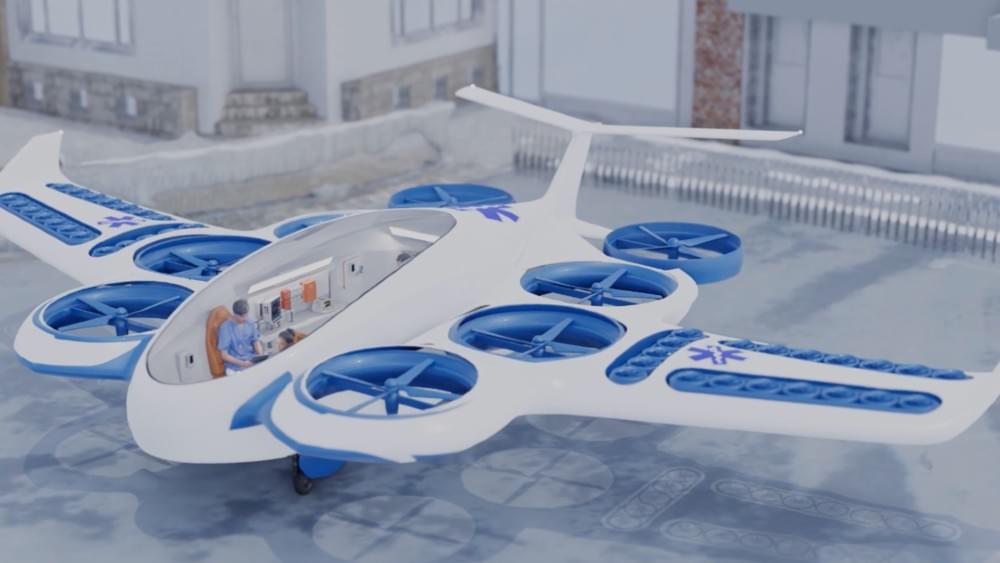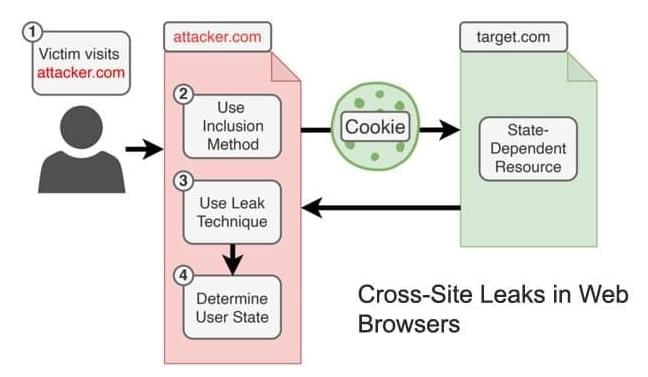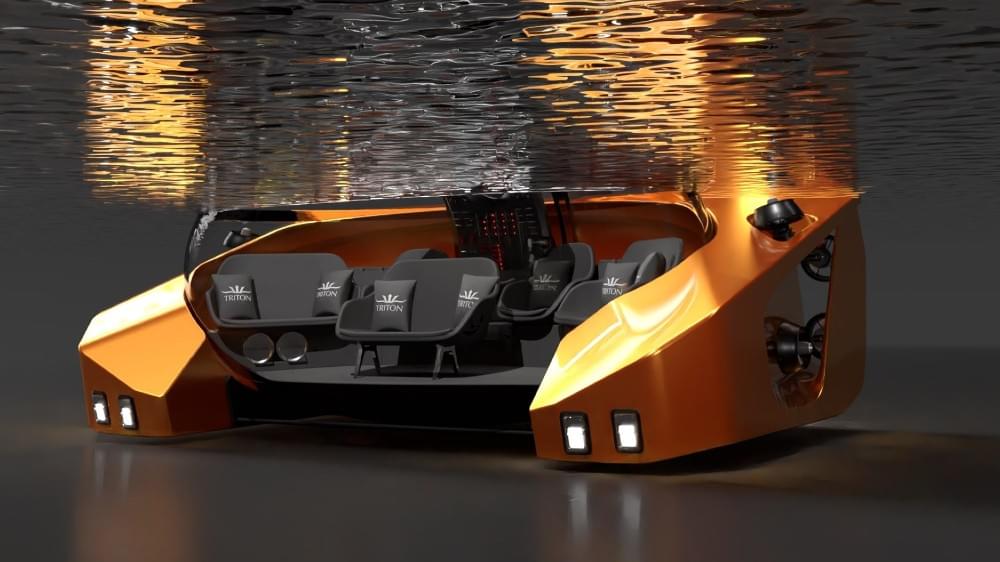Dec 6, 2021
Elon Musk takes a dig at Web 3.0 and calls it “BS”
Posted by Shubham Ghosh Roy in categories: education, Elon Musk, evolution, finance, health, internet, space
The idea of Web 3.0 has been disappointing for Elon Musk and he has referred to it as BS. The reasons are unclear but might be soon unveiled.
TL;DR Breakdown.
Web 2.0 has ensured that the informational needs are fulfilled and has also opened ways for education, finance, banking, health, and other domains. As all these are integrated into a new space, we have the opportunity to see the evolution of the web.


















